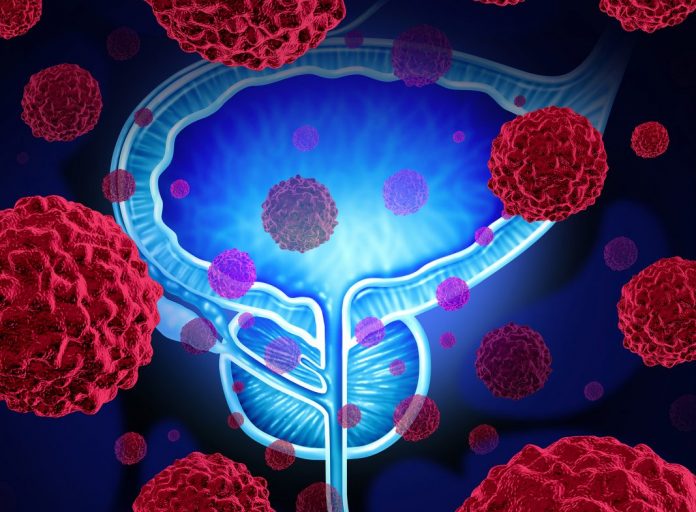
Research led by the University of California Davis Comprehensive Cancer Center shows that elevated levels of biomarkers for both bone loss and bone formation are significant indicators of overall survival in men with hormone-sensitive prostate cancer.
Previous studies have demonstrated that bone biomarkers are strong predictors of overall survival in men with castration-resistant prostate cancer, but it was less clear if this was also the case for hormone-sensitive prostate cancer.
“Bone homeostasis—a finely balanced interplay between bone formation mediated by osteoblasts and bone resorption mediated by osteoclasts—is commonly perturbed in men with advanced prostate cancer. These men often present with skeletal metastasis, a common source of morbidity such as bone pain and fracture,” wrote UC Davis Comprehensive Cancer Center Director Primo Lara Jr. and colleagues in the current study, which is published in the journal European Urology.
Lara and the team measured levels of two biomarkers of bone formation (C-terminal collagen propeptide and bone alkaline phosphatase) and two of bone loss (C-telopeptide and pyridinoline) in 949 men taking part in a Phase III study of androgen deprivation therapy for treatment of prostate cancer.
The measurements were taken at the start of the study before treatment was initiated and then compared with outcomes over time. The researchers randomly assigned 316 participants into a “training” cohort and estimated outcomes based on baseline biomarker levels. Three risk groups low, intermediate, and high with different overall survival linked to biomarker levels were identified with median overall survival of 8.2, 5.1, and 2.1 years, respectively.
These findings were then validated in 633 men from the study, also chosen at random. Overall, after adjusting for clinical risk factors in the validation set, higher levels of bone biomarkers were statistically significantly associated with a 37–92% increased risk of death in men with prostate cancer compared with low levels of the biomarkers.
“Our findings show that high levels of bone turnover biomarkers are associated with a shorter lifespan in men newly diagnosed with metastatic hormone-sensitive prostate cancer,” said lead author Lara in a press statement.
“In the future, knowing one’s bone biomarker status could improve how we predict patient outcomes and enhance treatment considerations for men with HSPC.”













